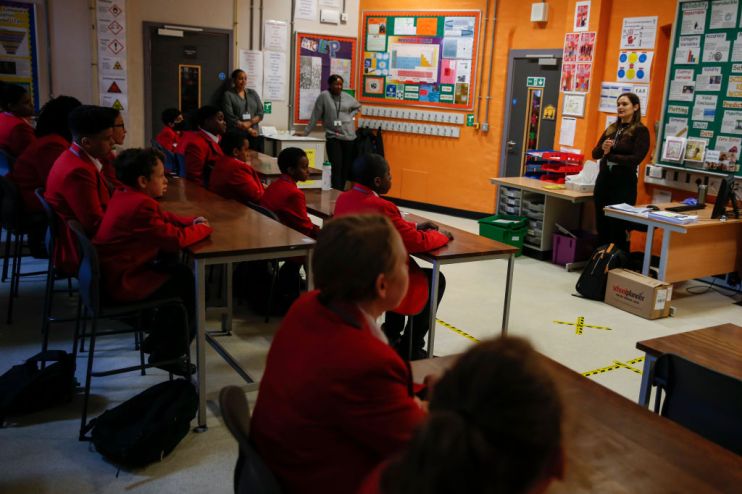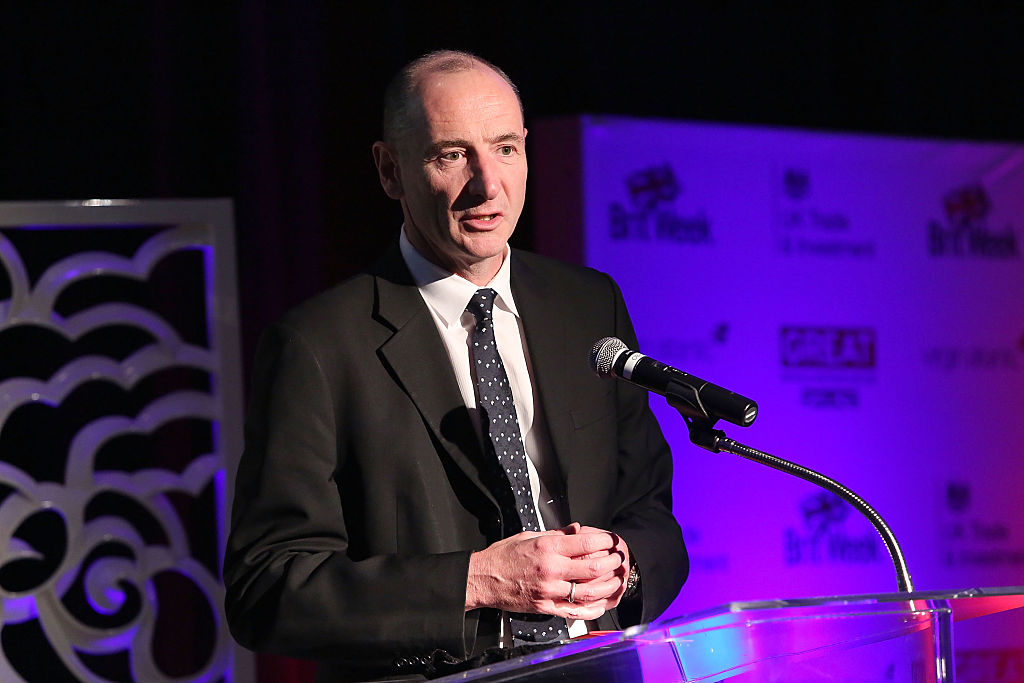Learning the hard way: Why do things keep going wrong for Pearson?

John Fallon, longstanding chief executive of Pearson, will step down next week after nearly eight years at the helm.
The education boss today signed off with a mixed set of results for the first nine months of the year, as a surge in demand for online learning helped to offset sliding sales.
The figures summed up the major challenges faced by the FTSE 100 firm as it battles the impact of the coronavirus pandemic on top of major shifts in learnings habits.
So as the power at Pearson passes into new hands, we look at the company’s troubled history and the tasks at the top of the new boss’ to-do list.
Digital natives
Signing off after a turbulent time at the top, boss Fallon today acknowledged that there were “plenty of things I wish I’d done differently”.
Under his tenure Pearson has posted seven profit warnings in as many years while its shares, which were trading at more than £11 in 2013, have tumbled by more than 50 per cent.
At the heart of these difficulties has been the company’s troubled shift to digital as demand for its once trusty textbooks gradually declined.
Speaking to reporters today, Fallon lamented industry disruption that was “every bit as challenging as what we’ve seen in music”.
But he drew attention to his efforts to invest heavily in Pearson’s digital offering and strip out £1bn of costs.
This included the controversial decision to sell the Financial Times to Japanese media group Nikkei for £844m in 2015. The company also offloaded its stake in publishing giant Penguin Random House.
“I didn’t want to go down in history as the man who sold the FT, but it had to be done,” Fallon said.
Analysts have welcomed Pearson’s digital transformation, but some industry watchers have questioned whether the company moved quickly enough.
Pandemic push
If there’s one positive to take from the Covid-19 crisis, it’s that the pandemic has accelerated the shift to digital, and this could be a saving grace for Pearson.
While school and test centre closures dented sales, the firm’s virtual learning division grew 32 per cent in the third quarter as demand for online education surged.
“The future of learning was already digital, but Covid-19 has given it a great big shove forward,” Fallon said today.
Pearson now has the opportunity to capitalise on these trends. It has announced plans to unveil a “reimagined” website and offer more direct-to-learner services, such as courses for IT professionals.
Developing a highly-personalised service and forging direct relationships with customers will be key to establishing the group’s identity as an online-focused business.

Moreover, Pearson has made its intentions clear through the appointment of Andy Bird as its new chief executive.
Bird, whose media career has spanned more than 35 years, most recently served as chairman of Walt Disney International, where he led the group’s digital transformation.
It’s a clear message to shareholders that Pearson means business with its digital plans and, as the world continues to adapt to the pandemic, Bird will be hoping to cement the company’s reputation as a digital learning hub.
Boardroom battles
But it won’t all be plain sailing for the new Pearson boss, whose first task is likely to be putting out fires in the boardroom.
The company has faced two shareholder revolts over its executive pay packages in recent years, with a third of investors last month voting against a bumper pay deal for Bird.
The incoming chief executive will be paid a base salary of $1.25m and has committed to buy $3.75m of Pearson shares — a deal that puts him in line for a payout of more than $9m.
Major shareholders have hit out at the pay deal and are reportedly pushing for chair Sidney Taurel to step down.
In addition, Pearson is facing pressure from activist investor Cevian Capital, which has upped its stake in the company to almost nine per cent, suggesting that it could be eyeing up a seat on the board.
The education group’s sinking share price has long made it subject to takeover speculation, but at the very least Cevian will be keeping a close eye on the company’s returns to shareholders.
So as Bird steps into the fray next week, he’ll be sure to signal a clear change in direction for Pearson as it drags itself into the digital era.